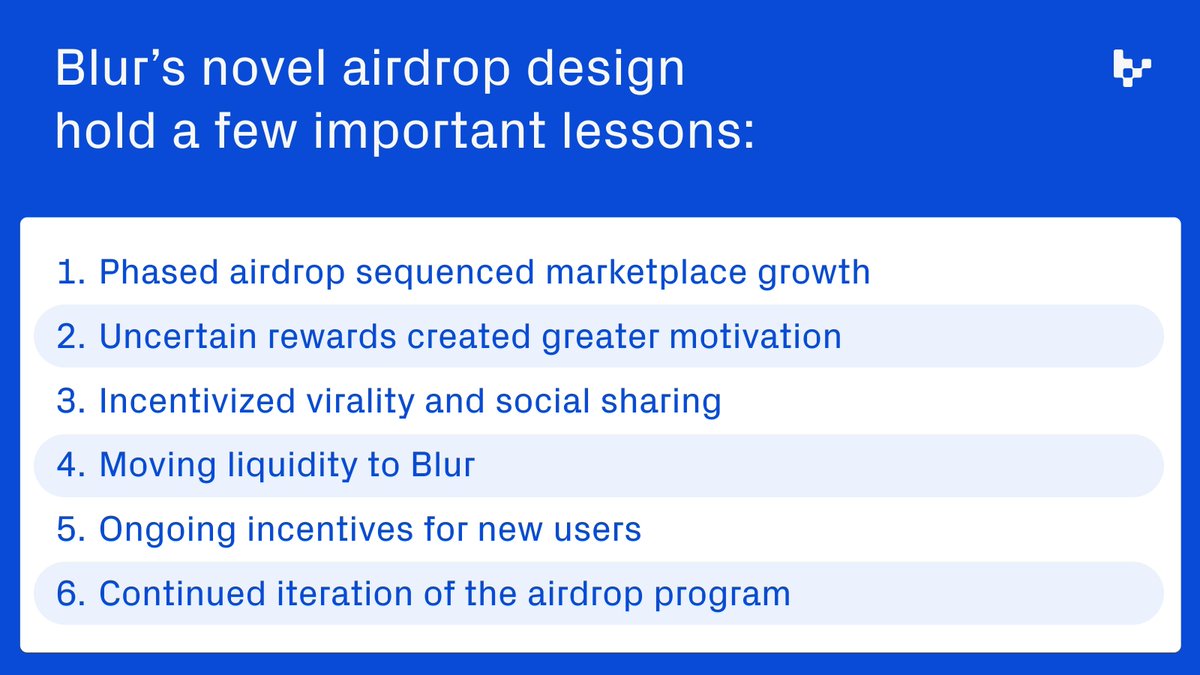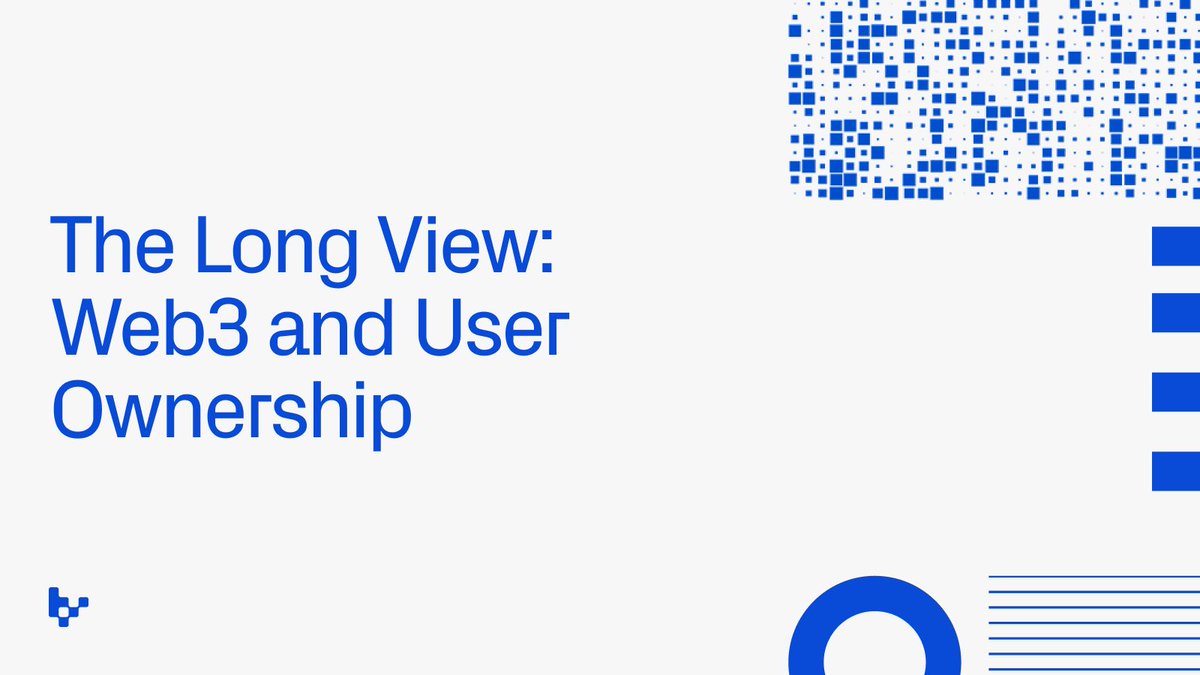How to get URL link on X (Twitter) App

https://twitter.com/jessewldn/status/1637882445142827035

https://twitter.com/formfunction/status/1623020200995045377The very first pilot Campaign on Formfunction was by Robbie Shilstone for an animated short film about a group of dogs, Off Leash. Collectors’ benefits included being credited in the film, joining video calls to review storyboards, and gaining early access to the completed film
https://twitter.com/pkafka/status/1618631024728231937The innovation of web3 is digital ownership, which unlocks many new behaviors/experiences that we've only started to scratch the surface for designing around
https://twitter.com/ljin18/status/1616538186184032256

 Variant was started in 2020 with the belief that crypto would be the foundation of a user-owned web. This idea has tremendous potential for how to build new networks, as well as broader implications on economic equity.
Variant was started in 2020 with the belief that crypto would be the foundation of a user-owned web. This idea has tremendous potential for how to build new networks, as well as broader implications on economic equity.